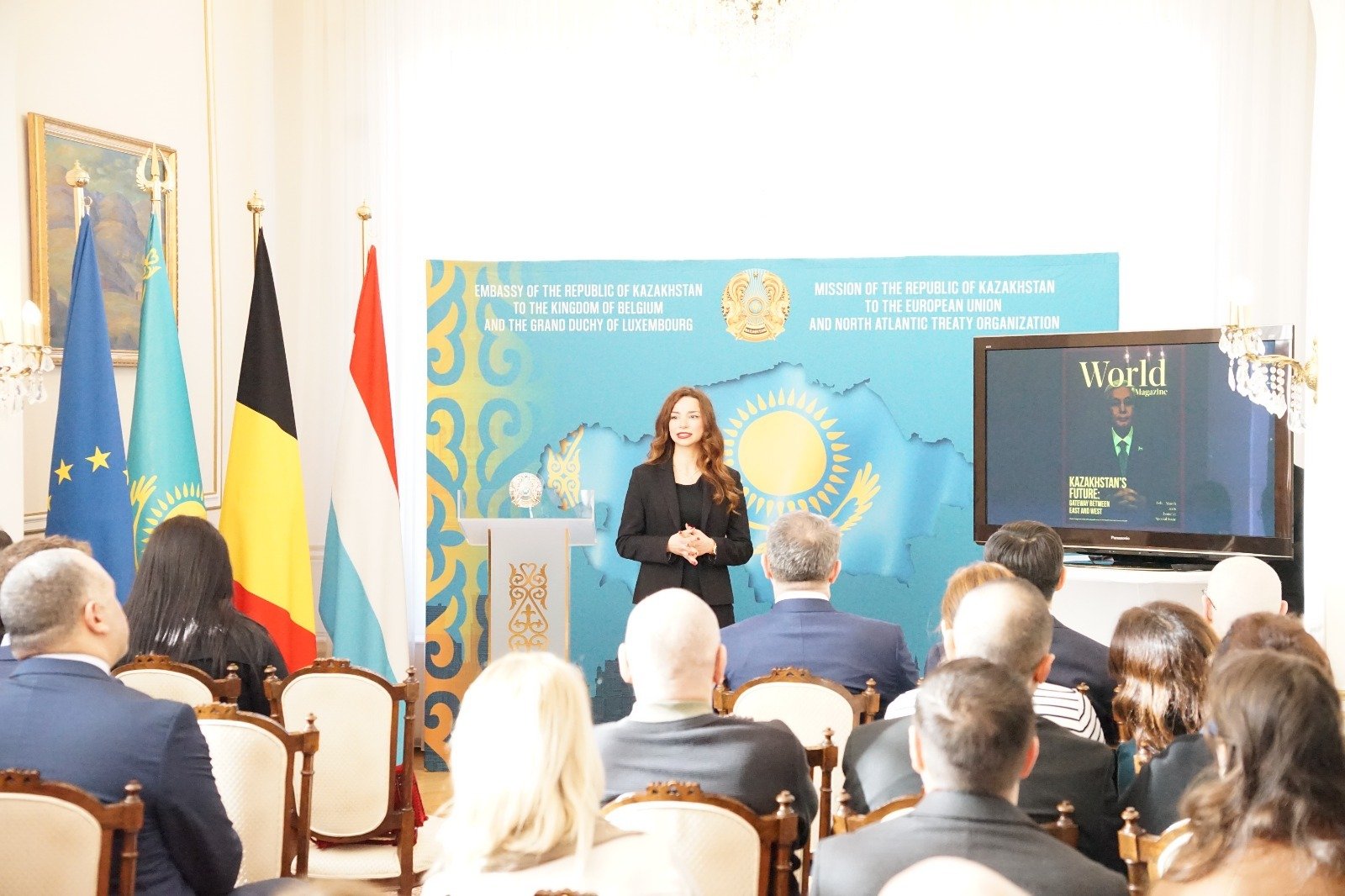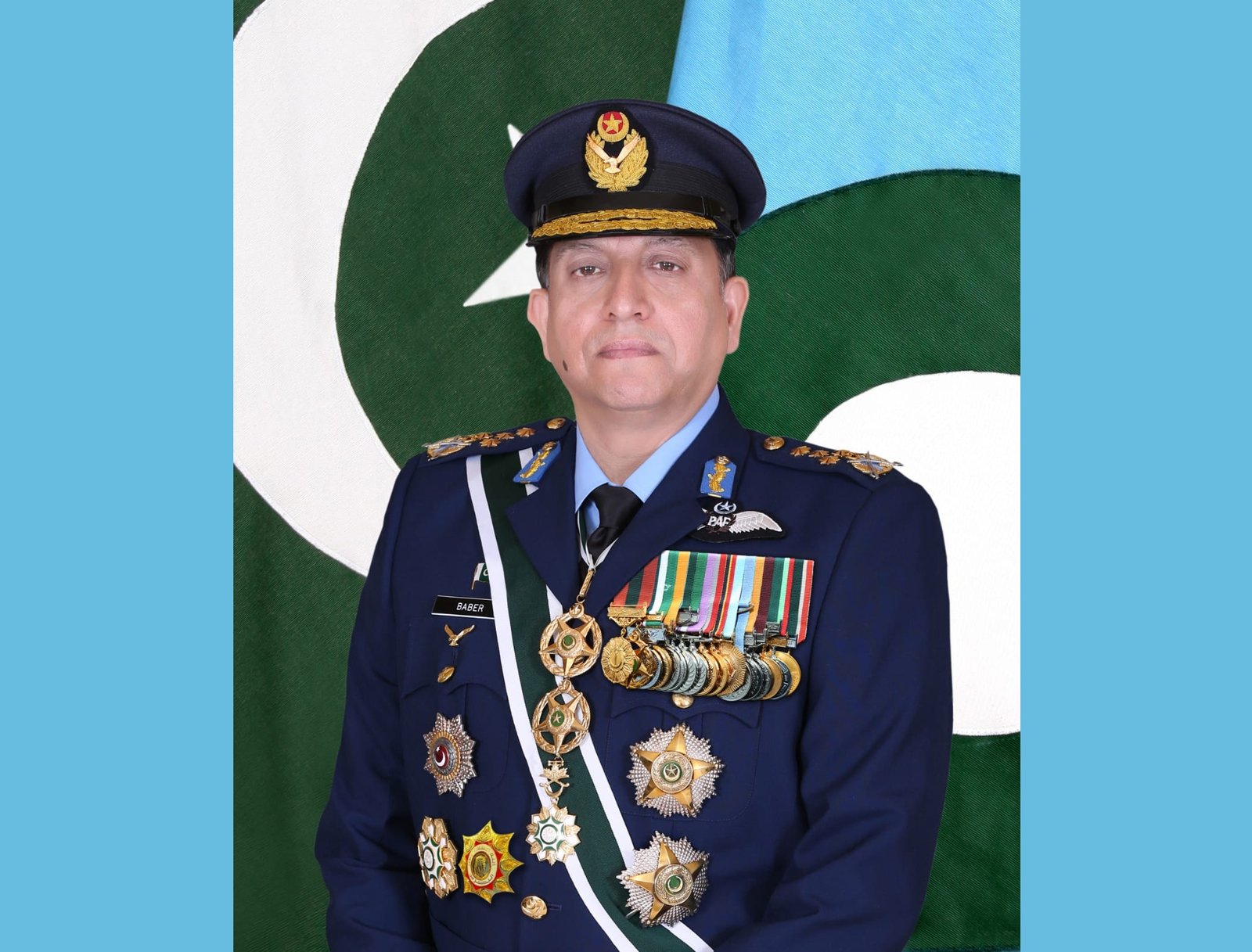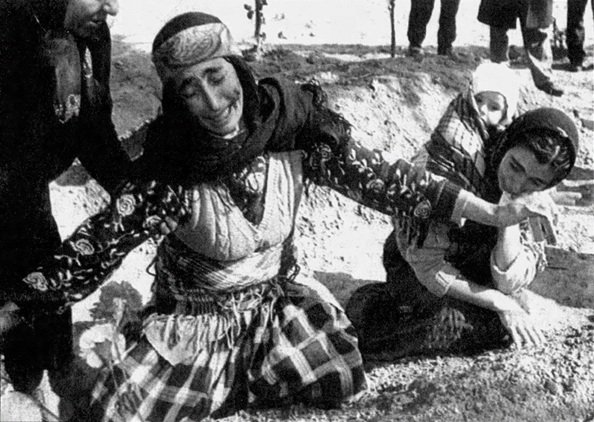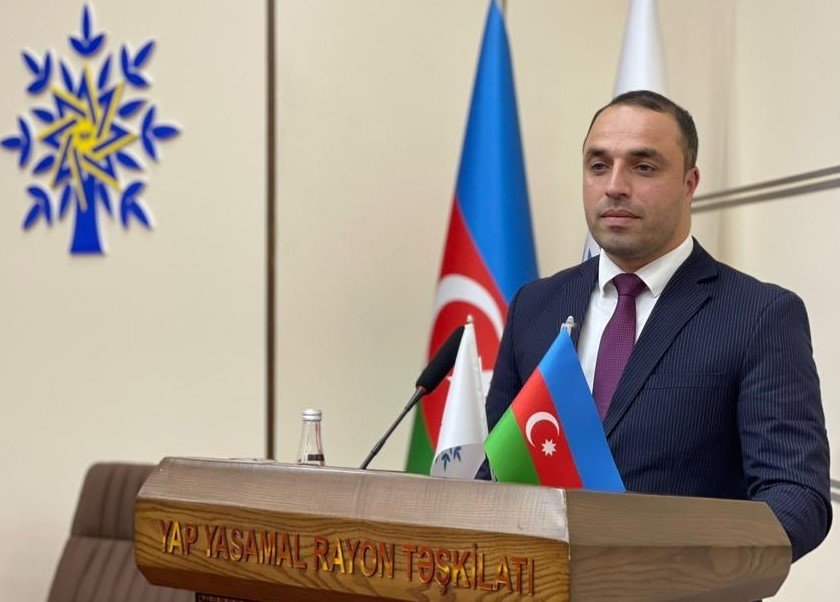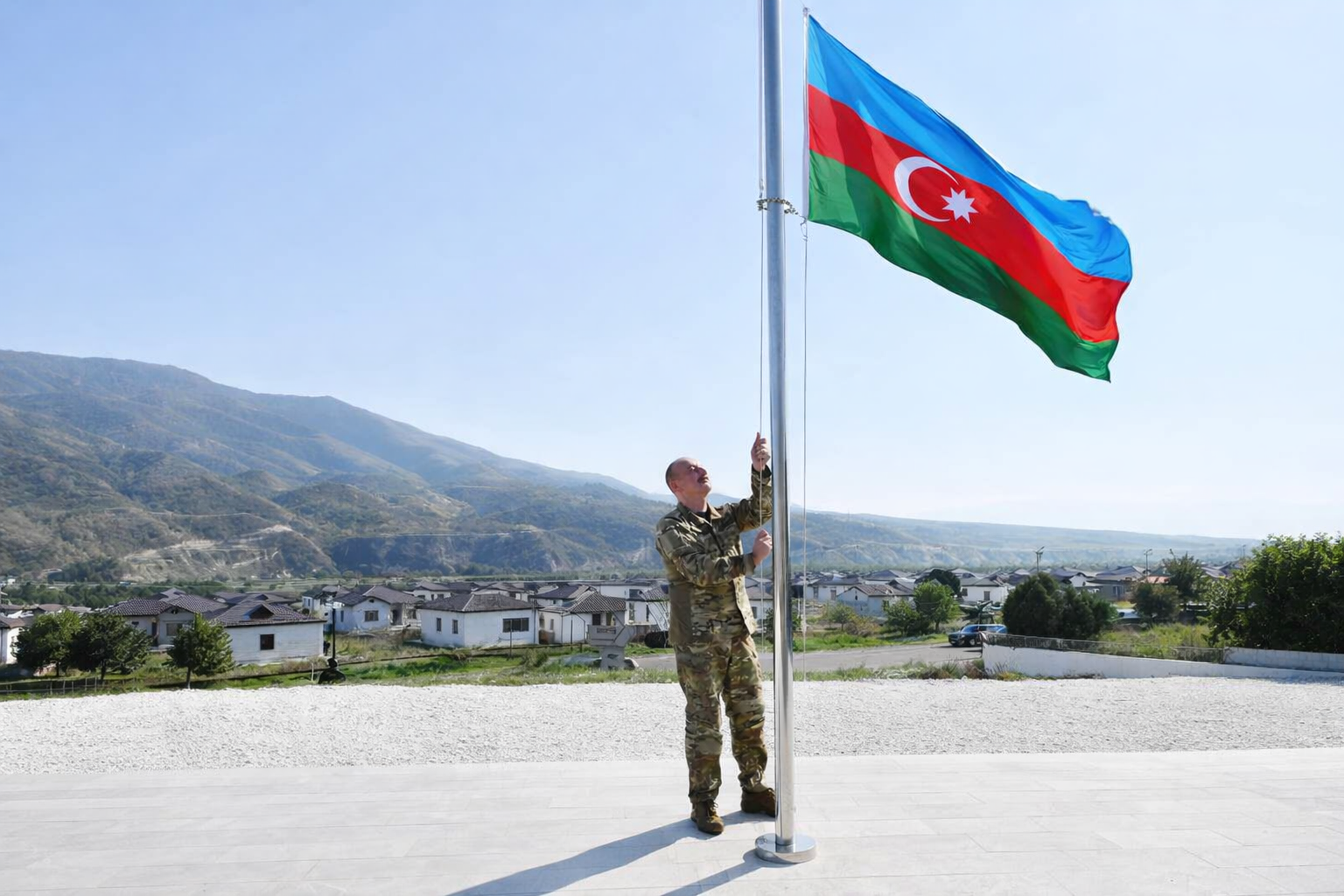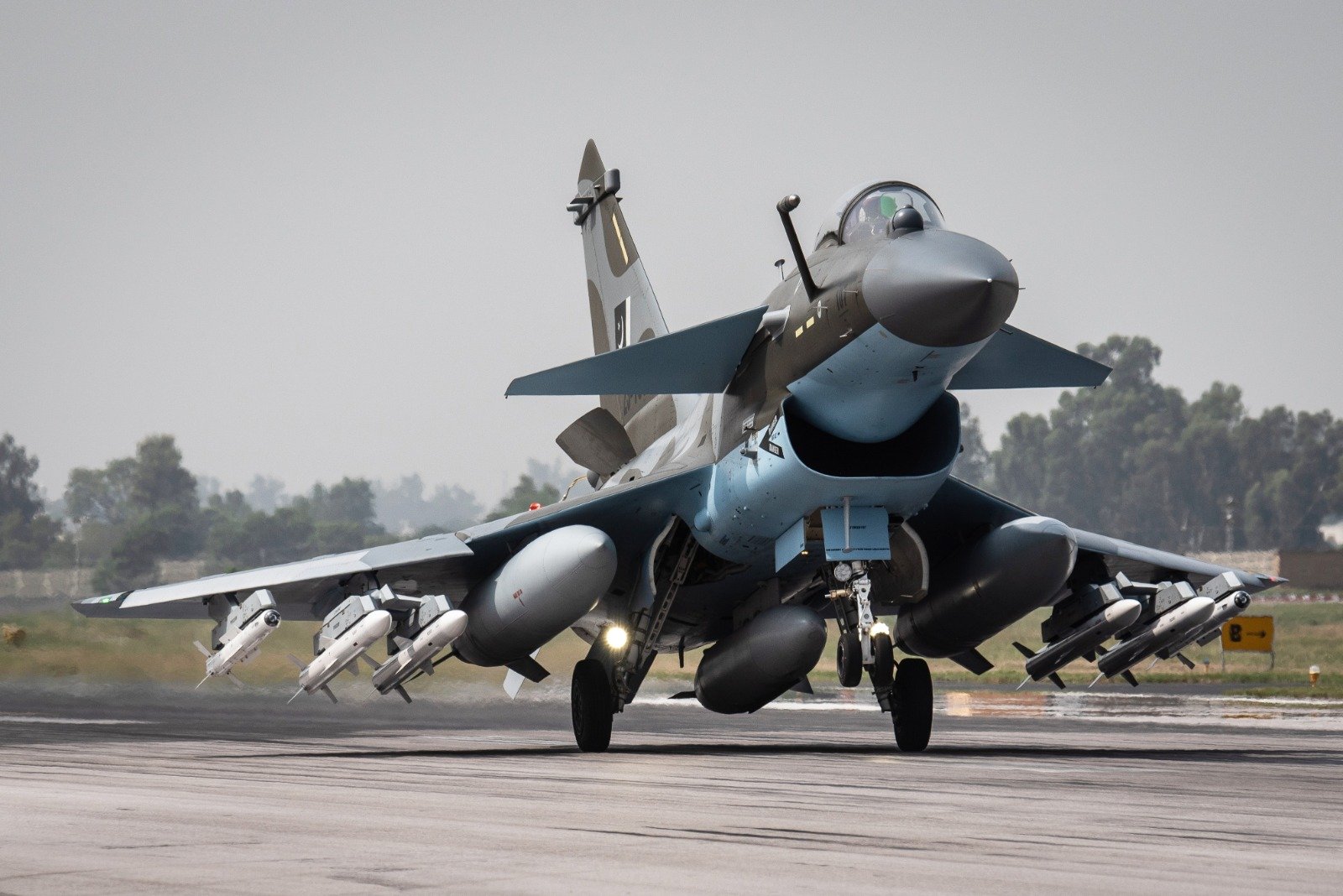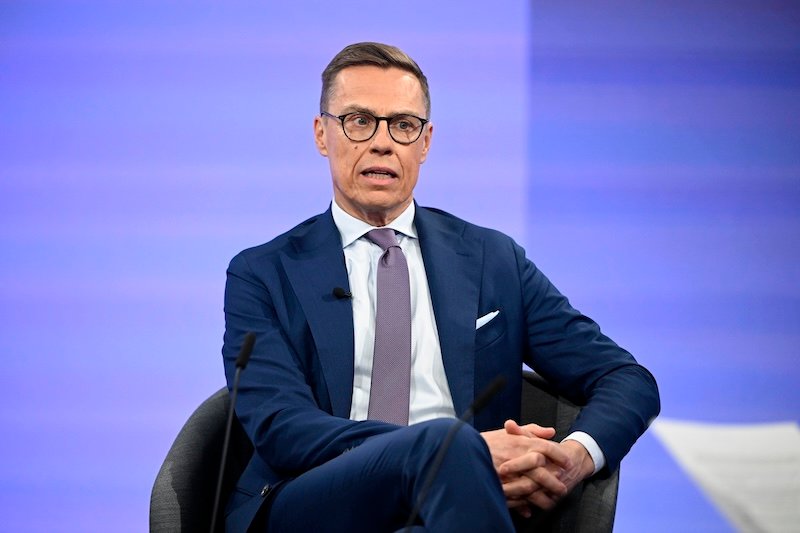Ahmed Yasawi, left a profound legacy through his writings, particularly through three principal works: the Paqirnama (or Fakr-name), Risala dar adaby Tariqat, and Divan-i-Hikmet. Each of these texts offers unique insights into Sufi philosophy, ethics, and spiritual practices, resonating deeply with subsequent generations of disciples and scholars.
The Paqirnama, often referred to as the ‘Epistle to the Poor Dervish,’ serves as a practical guide for dervishes and spiritual aspirants. It outlines the stations (maqam) of spiritual development, emphasizing the importance of humility, piety, and detachment from worldly concerns. This work reflects Yasawi’s teachings on the path to spiritual enlightenment, drawing on his experiences and insights gained through his own ascetic practices and teachings.
In contrast, the Risala dar adaby Tariqat explores into the ethical dimensions of Sufi practices. It elaborates on the moral conduct expected from followers of the Sufi path, focusing on virtues such as compassion, sincerity, and devotion to God. Yasawi’s teachings in this treatise aim to guide disciples in navigating the complexities of spiritual life within the framework of Islamic ethics and Sufi tradition.
Ahmed Yasawi Noteable Work Divan-i-Hikmet
The Divan-i-Hikmet, perhaps the most celebrated of Yasawi’s works, stands out as a collection of spiritual poetry. These poems, known as Hikmet, delve into profound themes of love, devotion, and the mystical union with the Divine. Composed in a poetic style that blends Turkish and Persian influences, the Divan-i-Hikmet serves not only as a literary masterpiece but also as a source of spiritual inspiration for Sufi practitioners across generations.
It is noteworthy that while the Divan-i-Hikmet is attributed to Yasawi, its transmission history indicates multiple versions and adaptations, suggesting a dynamic evolution shaped by later commentators and followers. This reflects the broader trend within Sufi literature where original teachings are often elaborated upon and interpreted by subsequent generations, enriching the tradition while sometimes complicating efforts to ascertain the exact authorship and authenticity of early texts.
Yasawi’s influence extends beyond his written works. As the founder of the Yasawiyya Sufi order, he left a lasting impact on the spiritual landscape of Central Asia. His integration of Sharia and Sufism, evident in his teachings and poetry, reflects a holistic approach to Islamic spirituality that resonates with the cultural and spiritual ethos of the region.
Moreover, Yasawi’s teachings often draw on Islamic scripture, particularly the Quran and the Hadith, integrating these foundational texts into the fabric of Sufi wisdom. His references to prophets such as Adam, Ibrahim, and Muhammad illustrate his deep reverence for these figures and their significance in exemplifying divine virtues and teachings.
The Maqam-i Arba’in, though attributed variably to Yasawi, Abul-Khayr, or Mir Sayyid Ali Hamadani, underscores Yasawi’s broader impact on Sufi literature and discourse. This work, focusing on the stages of spiritual ascent through virtuous conduct, aligns closely with Yasawi’s thematic concerns as seen in his other writings.
Yasawi’s enduring appeal lies not only in his literary contributions but also in the spiritual guidance he provides through his works. His emphasis on compassion, humility, and devotion continues to inspire seekers of spiritual truth, affirming his status as a pivotal figure in the history of Sufi mysticism.
So, Ahmed Yasawi’s legacy is characterized by his profound writings and teachings that blend moral guidance with mystical insight. Through his works such as the Paqirnama, Risala dar adaby Tariqat, and Divan-i-Hikmet, Yasawi offers a comprehensive framework for spiritual growth and ethical conduct, making him a revered figure in both Sufi and Islamic scholarly traditions. His influence endures as a beacon of spiritual wisdom and cultural heritage in Central Asia and beyond.

Mr. Muhammad Ali Pasha is an analyst and expert on Central Asia, South East Asia, China, Türkiye and Middle East having experience in the field of article writing in various renowned journals and newspapers across the globe. Furthermore, he is a writer and poet.
Owner and Patron-In-Chief of “The Gulf Observer”, Chairman “The Gulf Observer Research Forum”, Foreign Affairs Expert, Analyst, Writer and Poet.

